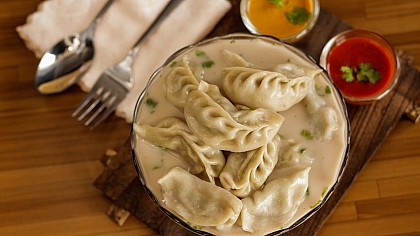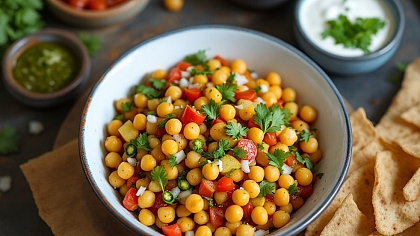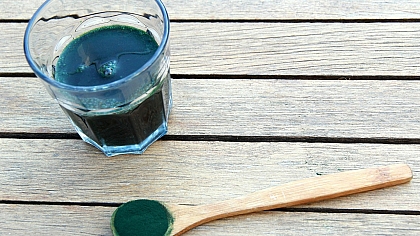
Restaurant Chopping Boards:
Choosing Durable and Hygienic Options for Your Establishment
Chopping boards are essential tools in any restaurant kitchen, used extensively for food preparation and cutting. The selection of the right chopping boards for your establishment is crucial to ensure durability, hygiene, and food safety.
Let's take a look at the factors to consider when choosing restaurant chopping boards. We will discuss the importance of durability and hygiene, the different material options available, and the maintenance practices required to ensure the longevity and cleanliness of these essential kitchen tools.
Importance of Durability in Restaurant Chopping Boards
In a bustling restaurant environment, chopping boards must withstand the rigours of heavy use and frequent cleaning. Opting for durable materials ensures that your chopping boards can withstand constant chopping, cutting, and pounding without warping or cracking. Look for materials such as high-density polyethylene (HDPE), which is known for its durability and resistance to knife marks, stains, and odours. Investing in durable chopping boards minimizes the need for frequent replacements and saves on costs in the long run.
Ensuring Hygiene and Food Safety
Maintaining a high standard of hygiene in a restaurant kitchen is of utmost importance. Chopping boards play a critical role in preventing cross-contamination and ensuring food safety. Choose chopping boards that are non-porous and resistant to bacteria growth. Materials like HDPE and composite resins are highly recommended for their hygienic properties. It's also advisable to use colour-coded chopping boards to separate different food types and prevent cross-contamination. Regular cleaning and sanitization are essential to maintain optimal hygiene standards.
Material Options for Restaurant Chopping Boards
Several material options are available for restaurant chopping boards, each with its advantages and considerations:
• High-density polyethylene (HDPE): This durable and non-porous material is resistant to moisture, stains, and odours. It is also gentle on knives, reducing the likelihood of blade damage.
• Composite Resins: These materials are specifically engineered for use in commercial kitchens. They offer durability, resistance to stains and odours, and excellent heat resistance.
• Bamboo: Although less durable than HDPE or composite resins, bamboo is a popular eco-friendly option. It is naturally antimicrobial and offers a stylish aesthetic.
When selecting chopping boards, consider the specific needs and demands of your restaurant to determine the most suitable material.
Proper Maintenance Practices
Maintaining the cleanliness and longevity of restaurant chopping boards requires regular care and maintenance. Here are some essential practices to consider:
• Clean after each use: Wash chopping boards with hot, soapy water immediately after use. Scrub with a brush to remove any residue or debris.
• Sanitize regularly: Use a food-safe sanitiser to eliminate bacteria and prevent cross-contamination. Follow the manufacturer's instructions for proper dilution and contact time.
• Avoid harsh chemicals: Harsh chemicals can damage the chopping boards. Stick to mild detergents and sanitisers specifically formulated for kitchen use.
• Replace when necessary: Inspect chopping boards regularly for signs of wear, such as deep knife grooves or cracks. Replace any boards that are no longer in optimal condition.
Choosing the Right Size and Thickness
Consider the specific needs of your restaurant when selecting the size and thickness of chopping boards. Opt for larger boards to accommodate a variety of food items and ensure efficient workflow. Thicker boards offer more durability and stability, reducing the risk of warping or flexing during use. However, keep in mind that thicker boards can be heavier and may require additional storage space.
Considerations for Specialty Chopping Boards
Certain restaurant establishments may require speciality chopping boards to meet specific needs. For example, sushi restaurants may need boards designed specifically for fish cutting, while butcher shops may require boards with built-in grooves to catch meat juices. Assess your menu and operations to determine if any specialized chopping boards are necessary.
Selecting the right chopping boards for your restaurant is essential for ensuring durability, hygiene, and food safety. Opt for durable materials like high-density polyethylene (HDPE) or composite resins to withstand the demands of a busy kitchen. Prioritize hygiene by choosing non-porous and bacteria-resistant chopping boards, and consider colour-coded options to prevent cross-contamination. Regular cleaning, sanitization, and proper maintenance practices are crucial to maintain optimal hygiene standards.
By investing in high-quality chopping boards and following best practices, you can create a safe and efficient food preparation environment in your restaurant.












